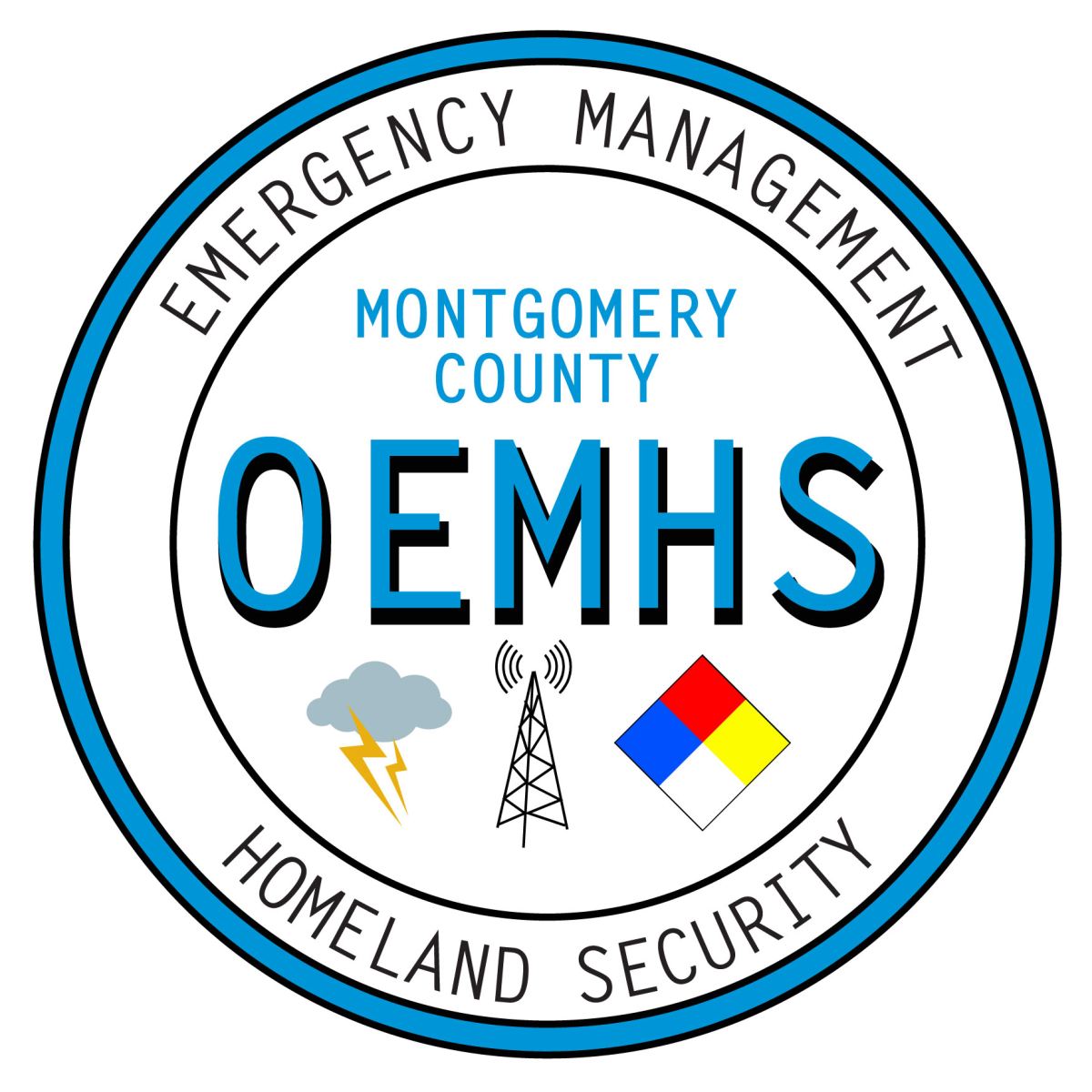Private School Preparedness


Everyday, schools are entrusted to provide a safe and secure environment for thier students, teachers, and staff. It is expected that schools keep its occupants safe from threats of all origins, such as severe weather, disese outbreaks, accidents, human-caused emergencies such as crime and violence, and more. Schools can take steps to be ready to respond to incidents by having a School Emergency Operations Plan (School EOP). The Montgomery County Police Department (MCPD) and the Office of Emergency Management and Homeland Security (OEMHS) have compiled the below list of resources to assist schools with developing their own School EOP.
It is recommended that schools submit their School EOPs and Floor Plans with MCPD annually. Plans will not be approved by MCPD, rather, they will be available to assist police with public safety response. School EOPs and Floor Plans can be emailed annually to: [email protected]
Information and Resources for Your School
Federal Government School Safety Resources:
- SchoolSafety.Gov - The U.S. Department of Homeland Security (DHS), U.S. Department of Education (ED), U.S. Department of Justice (DOJ), and the U.S. Department of Health and Human Services (HHS) created SchoolSafety.gov to share actionable recommendations to keep school communities safe. SchoolSafety.gov aims to help schools prevent, protect, mitigate, respond to, and recover from a range of school safety threats, hazards, and emergency situations.
- Cybersecurity & Infrastructure Security Agency (CISA) - CISA, along with other organizations throughout government, law enforcement, and communities nationwide, is postured to continually enhance school safety and security. These resources help schools prevent, protect, mitigate, respond to, and recover from emergency situations. This includes addressing the factors that lead to violence, safeguarding schools, students, and staff from an incident, and prioritizing prevention efforts. Schools can use these tools to develop an actionable, comprehensive, and customizable targeted violence prevention plan that maintains a safe and supportive learning environment for everyone. Check out CISA's 2022 K-12 School Security Guide.
- FEMA's Emergency Management Institute - The Federal Emergency Management Agency (FEMA) Emergency Management Institute (EMI) serves as the national focal point for the development and delivery of emergency management training to enhance the capabilities to minimize the impact of disasters and emergencies on the American public. EMI's Independent Study offers self-paced courses designed for people who have emergency management responsibilities and the general public. All are offered free-of-charge to those who qualify for enrollment. Note: It is recommended that school staff with a role in your emergency plan, be familiar with the Introduction to the Incident Command System (ICS-100) and Basic Incident Command System for Initial Response (ICS-200).
- The U.S. Secret Service National Threat Assessment Center has developed a report on Averting Targeted School Violence. it outlines practical recommendations for keeping schools safe. There is an accompanying video summarizing this report. See the VIDEO: Averting Targeted School Violence.
State of Mayland School Safety Resources:
- Maryland Center for School Safety (MCSS) - MCSS promotes collaboration among students, parents, educators, mental health practitioners, law enforcement, and crime prevention practitioners with a particular focus on the physical and emotional well-being of Maryland students. The MCSS website provides many resources for school safety, including training opportunities as well as emergency planning resources. The Maryland Center for School Safety (MCSS) has developed a model policy for Behavior Threat Assessment. Non-Public Schools in Montgomery County should consider this model policy and if appropriate develop a school specific policy that complements this school safety plan.
Site and Security Assessments:
- Readiness and Emergency Managment for Schools (REMS) - To support K-12 school safety teams in conducting site assessments, the U.S. Department of Education, Office of Safe and Supportive Schools and its REMS TA Center are pleased to provide a NEW online course: Assessing Your School Site. This 30- to 45-minute free online course aims to help K-12 school (public and nonpublic) personnel, school district administrators and staff, state/regional education agency personnel, and their partners develop a greater understanding of site assessments and how to examine the safety, security, emergency management, and preparedness of K-12 buildings and grounds.
- Cybersecurity & Infrastructure Security Agency (CISA) School Security Assessment Tool (SSAT) - The SSAT is designed to help inform your school’s safety and security planning process by taking stock of what security measures and associated supports are in place across your campus, and where you can make improvements to improve the safety and security of your school community. The tool focuses on protection (keeping people and property safe from threats and emergencies) and mitigation (reducing the damage or harm from safety-related incidents) and will help you apply the three physical security strategies of detection, delay, and response.
Guide for Developing Emergency Plans
- Guide for Developing High-Quality School Emergency Operations Plans - Schools can use this guide to assist in the creation of new plans as well as to revise and update existing plans and align their emergency planning practices with those at the national, state, and local levels.
Template School Emergency Operations Plan
- To assist with planning efforts, OEMHS and MCPD have developed a template school emergency operations plan. This template contains basic fill-in-the-blank sections that would be helpful to first responders. Schools are encouraged to add additional sections and information to this template that they find helpful to document their school's emergency repsonse procesdures. ⇒ Download the School Emergency Plan Template.
If you have any questions, please email OEMHS at [email protected]
